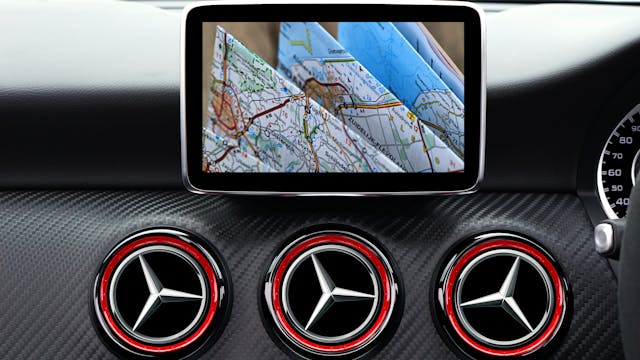Shifting Gears with the Present Perfect Simple
Welcome back to engdrive, your go-to spot for cruising through the lanes of English grammar! Today, we’re shifting gears and taking a smooth drive through the present perfect simple. Fasten your seatbelt, and let’s get started!

What is the Present Perfect Simple?
The present perfect simple is like the GPS of time—it connects the past with the present. It’s used to talk about actions or experiences that have happened at an unspecified time before now. Think of it as a way to highlight that something is important in the present, even if it happened in the past.
Formula:
have/has + past participle (third form of the verb)
Example Pit Stops:
- I have visited Paris.
- This tells us that at some point up to now, the action of visiting Paris has been completed. We don’t know when, but we know it’s happened.
- She has finished her homework.
- Here, we know the homework is done, and it affects now—maybe she’s ready to go out or relax.
- They have bought a new car.
- The action of buying is done, and now they have a new car. Perfect for a road trip!
When to Use the Present Perfect Simple: Key Scenarios
-
Experiences:
- Use it to talk about things you have done at some point in your life.
I have tried sushi. (At some point in my life, I tried sushi.)
- Use it to talk about things you have done at some point in your life.
-
Changes Over Time:
- It shows a change that has occurred over time.
She has become more confident. (She is now more confident than before.)
- It shows a change that has occurred over time.
-
Achievements:
- Perfect for highlighting accomplishments.
They have won the championship. (They are now champions.)
- Perfect for highlighting accomplishments.
-
Unfinished Actions with ‘How long’:
- Use it to say how long something has continued up to now.
We have lived here for five years. (And we still live here.)
- Use it to say how long something has continued up to now.
-
Recent Events with Present Relevance:
- Things that just happened and are important now.
I have just finished my coffee. (And now I’m ready to go.)
- Things that just happened and are important now.
Common Pitfalls: Watch the Road!
- Don’t use the present perfect simple with specific past time expressions like yesterday, last year, or in 2010. These are more like stop signs that need a different verb form, usually the past simple.
- Incorrect: I have seen that movie yesterday.
- Correct: I saw that movie yesterday.
